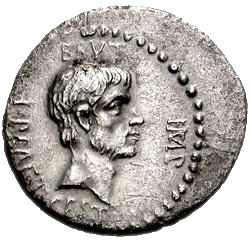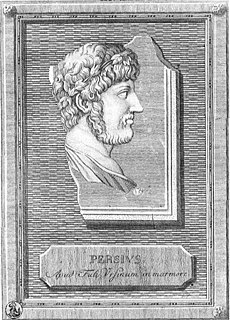A Quote by Marcus Tullius Cicero
The memory of past troubles is pleasant.
[Lat., Jucunda memoria est praeteritorum malorum.]
Related Quotes
It is generally said, "Past labors are pleasant," Euripides says, for you all know the Greek verse, "The recollection of past labors is pleasant."
[Lat., Vulgo enim dicitur, Jucundi acti labores: nec male Euripides: concludam, si potero, Latine: Graecum enim hunc versum nostis omnes: Suavis laborum est proeteritorum memoria.





































